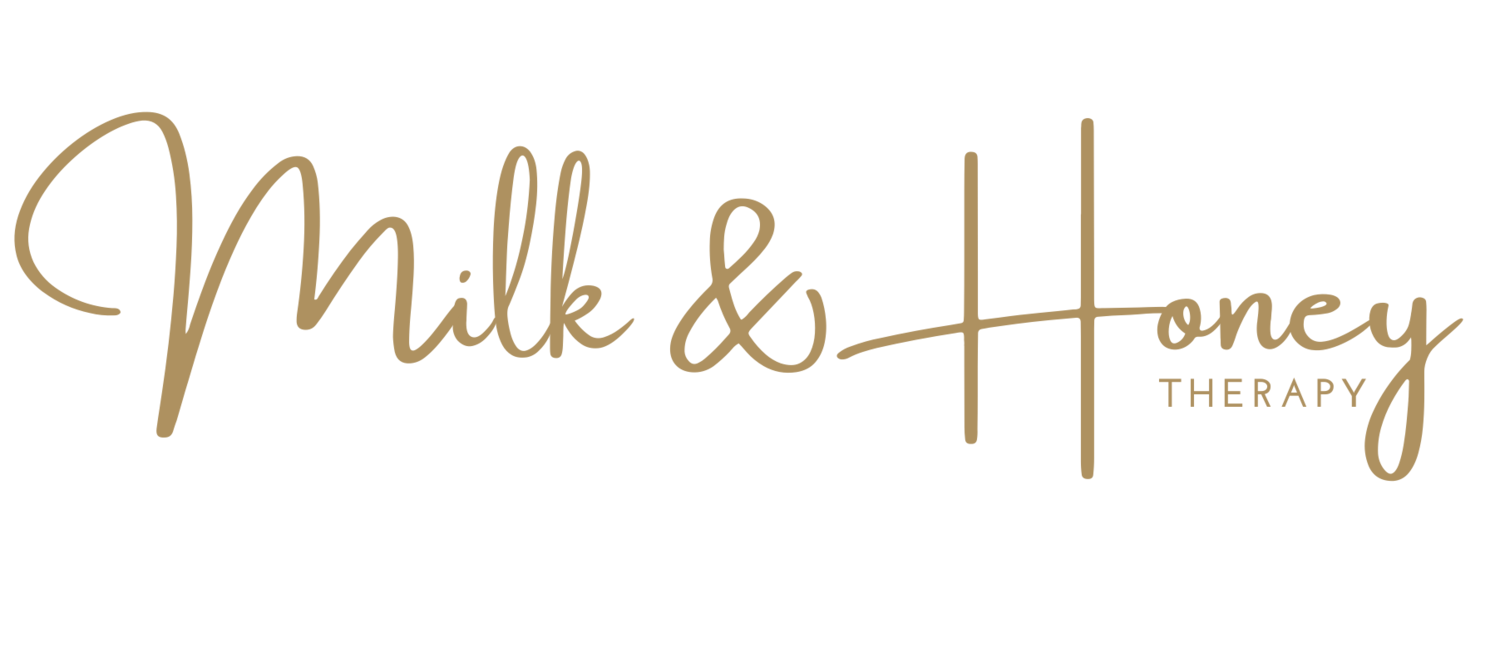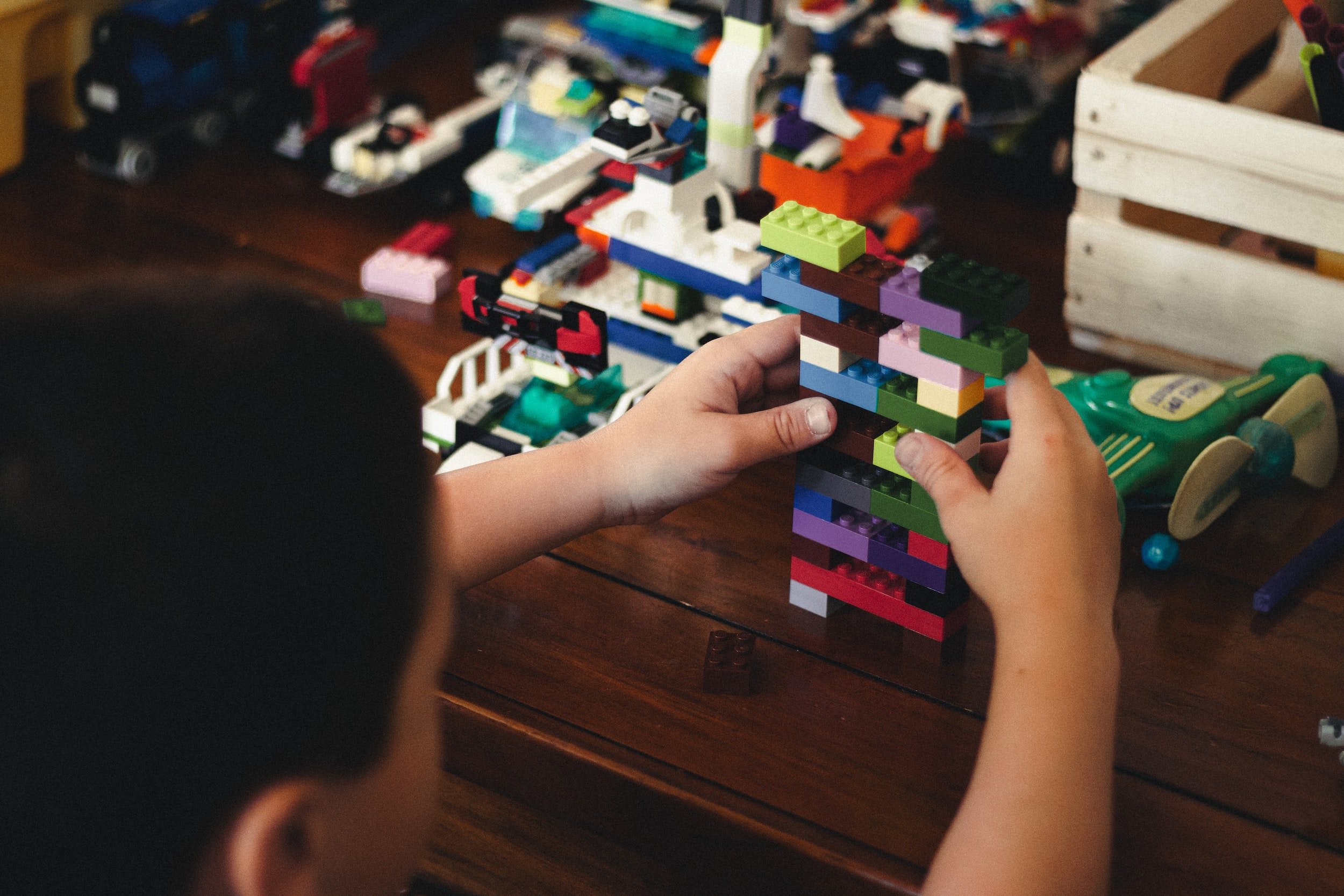What is Play Therapy?
Play is a child’s first language and one of the primary ways children communicate.
Children naturally use play to process their inner world by using action figures, dolls, games, art, and other types of toys to symbolize their thoughts, feelings, memories, and past traumas. Certain toys can also represent specific people, life events, and environments. Oftentimes children have a difficult time expressing how they feel through words. This inability to fully express themselves can lead to difficulty processing their anxiety, depression, or trauma and can lead to behavior issues at home and at school (i.e. meltdowns, outbursts, shutting down, defiance, and withdrawal).
Play therapy allows children to work through unprocessed or stuck emotions and mental blocks that might be impacting their daily life. Play therapy sessions help children to feel validated and understood because they are able to use the language of play to express themselves.
During play therapy sessions, the therapist applies a variety of play therapy techniques and approaches depending on the needs of each individual child. Below you’ll find 3 different play therapy approaches:
Child-Centered Play Therapy
In this approach, the play therapist allows the child to take the lead and empowers them to freely explore. This type of play therapy is effective for kids with symptoms of ADHD, trauma, anger, low self-esteem, and anxiety. Child-Centered Play Therapy allows the child to feel validated by creating a safe environment for the child to explore their thoughts and emotions while being supported by a caring adult. Through this approach, the child understands that it’s okay to feel and express both pleasant and unpleasant emotions in a healthy way.
During play therapy sessions, boundaries are created by the play therapist in order to keep the child safe and build trust in the therapeutic relationship. Additionally, boundaries help the child understand what is appropriate vs inappropriate behaviors in the play therapy room. Children begin to see why boundaries are important and the ways in which boundaries can keep them safe inside and outside of the playroom.
2. Directive Play Therapy
In this type of play therapy, the therapist uses structured play therapy techniques. The therapist gives the child more instruction and gently challenges the child to complete certain tasks. The therapist may create various games and competitions to assist the child in developing confidence and resilience. Play Therapy is also a great space for children to learn how to overcome challenges and learn that they are still unconditionally accepted, no matter their performance. Children can learn to push themselves and know that it’s okay to fail, lose, and make mistakes. Additionally, Directive Play Therapy techniques can also enhance positive sportsmanship for kids who are involved in athletics and other types of performance-based activities.
3. Collaborative Play Therapy
Through this approach, the play therapist will work together with the child to complete a certain goal or task during a play therapy session. Play therapy can look like the therapist and child working together to build a lego house, play a board game, or find solutions to a problem in the child’s imaginary play world. Collaborative play helps increase healthy communication skills and foster appropriate social skills. The child can practice communicating their needs, asking questions, using manners, taking turns, and sharing. These important skills can help to enhance their relationships at home with family members, in their sports with teammates and coaches, and at school with their teachers and peers. Effective communication and healthy relationships can help improve your child’s mental health and overall sense of well-being.
Begin Working With A Play Therapist in Honolulu, HI
Uncovering the power of play can provide a variety of benefits for you and your child. Our team would be happy to offer support in cultivating healthy communication skills and more. If you are ready to start your therapy journey with Milk & Honey Therapy, please follow these simple steps:
Meet with a caring therapist
Start experiencing the healing power of play!
Other Services Offered with Milk & Honey Therapy
Play therapy isn’t the only service we offer. Our team is happy to offer a variety of services in support of your mental health. We offer services to support kids, teens, and young adults which include PTSD and trauma treatment, depression treatment, and walk-and-talk therapy. Other mental health services offered include anxiety therapy, EMDR therapy, faith-based therapy, ADHD treatment, and therapy for athletes. If you are looking for more support, contact us. We offer in-person therapy in Honolulu, HI, and online therapy in North Carolina. We look forward to working with you!




